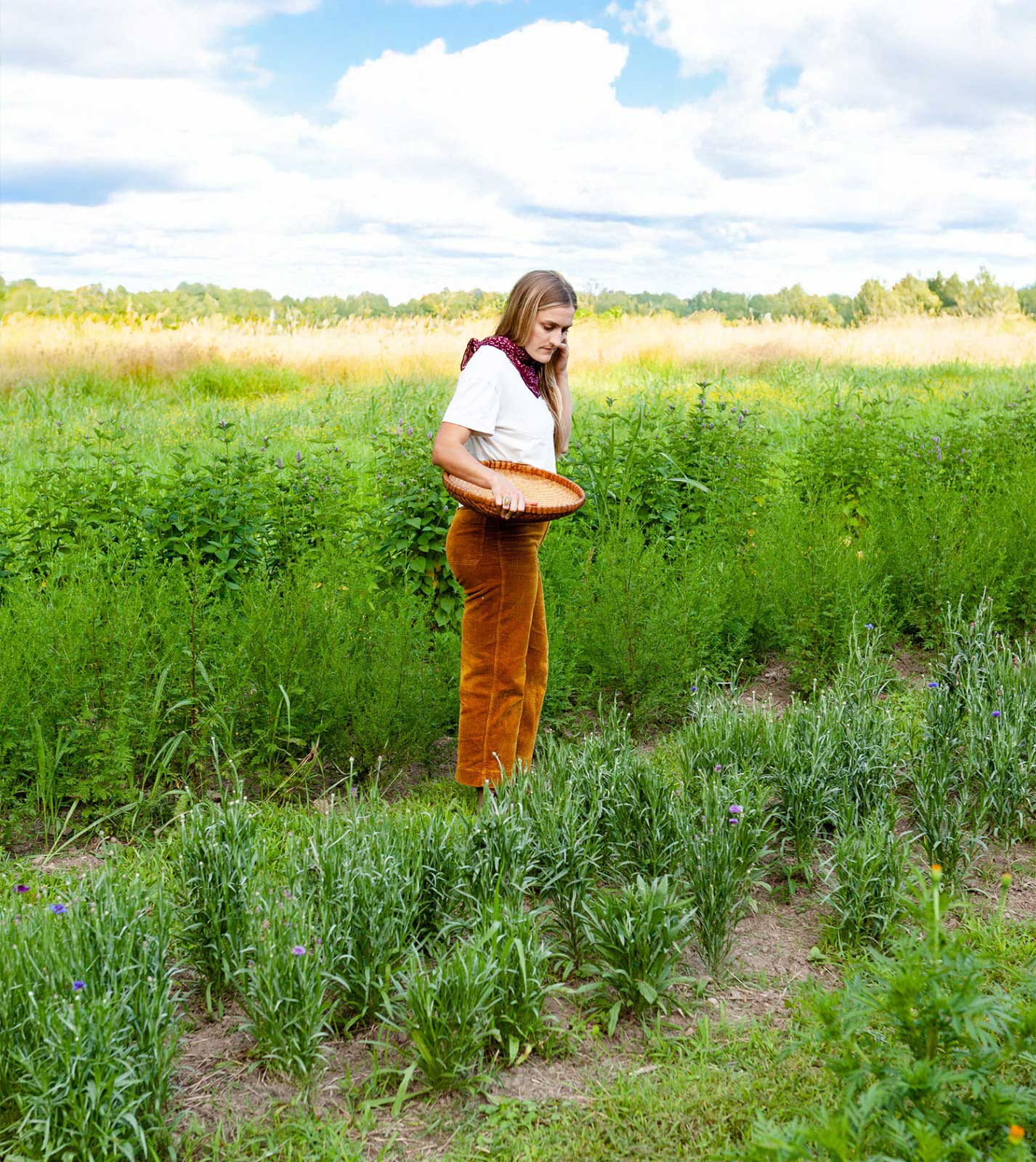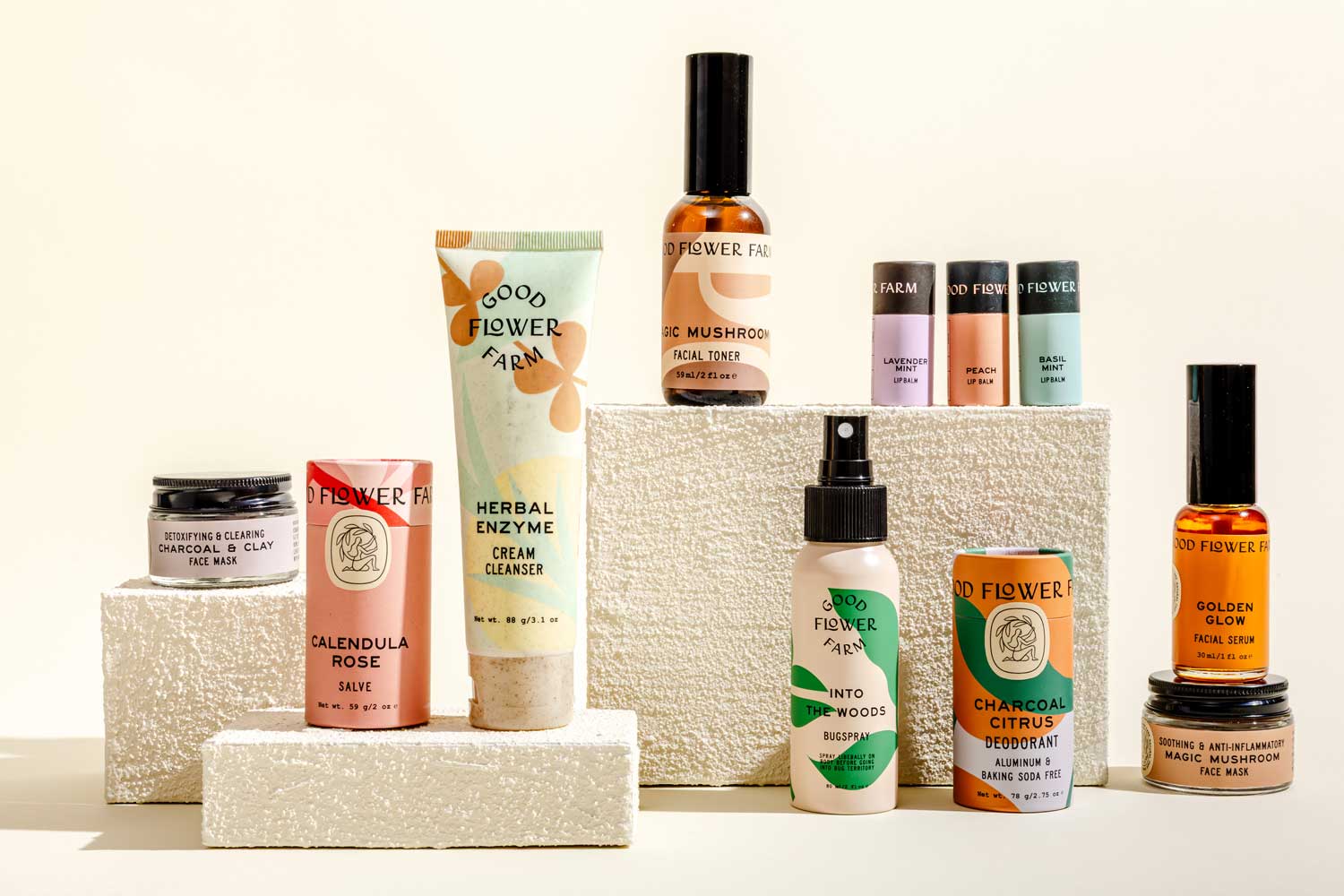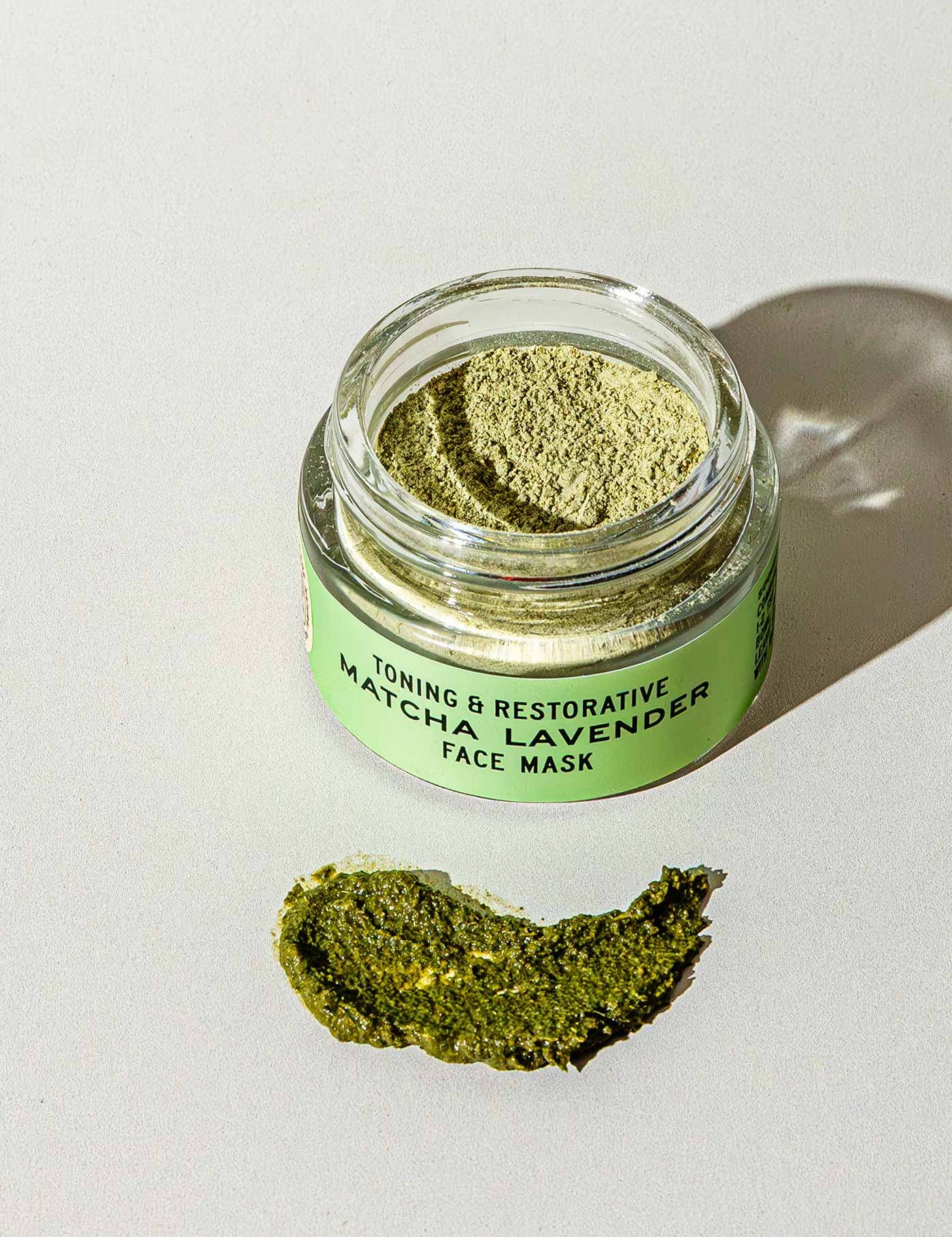Preservatives are a complicated topic when it comes to natural skincare. When I first began formulating in 2013, I followed common recipes shared on DIY herbal blogs for making cream. These recipes either made no mention of preservatives, or falsely equated antioxidants with preservatives (more on that below). Being green in the skincare chemistry world, I followed these recipes and did not add a preservative.
Over time, I learned, read, took classes, studied the formulation & chemistry of skincare, and realized one glaring truth ...
The Truth about Preservatives in Skincare
Any hydrous, or water-containing, product requires a full-spectrum preserving agent in order to be not only shelf-stable, but as safe as possible for consumer use.
Anhydrous products, those without water, such as balms, butters, salves, oils, etc., do not need a preservative.
The combination of water with oils, butters, etc. creates an optimal breeding ground for bacteria, mold, and yeast. Over time, with the introduction of air, hands, and other elements into the product, one or all of these things can take hold and ruin the product.
So what do we do? If we want safe, effective, natural skincare ... do we use a preservative?
We came to the conclusion that it is the only option to use a carefully-selected preserving agent when formulating hydrous products.
What we learned is that not all preservatives are created equal: meaning, some have questionable ingredients that we would not want in our formulations, and others are safer, gentler, more natural, yet still effective.
Our nourishing moisturizing creams and skin-loving toners hydrous products provide copious benefits that we don't want you all to miss out on. In fact, our creams are among our most beloved products by our customers and have been since we launched our brand in 2014
The inclusion of water in a cream formulation allows deep hydration of the skin that cannot be obtained through use of oil-based, anhydrous serums.
Hydrosols, or floral waters, some distilled from plants grown here on our farm, are magical tonics for the skin - incorporated into our toners, our rose hydrating mist, and our face creams.
So, we use a natural preservative to ensure safety of product and thus safety for our customers. We do this because we care deeply about our customers and the environment, not in spite of it. It simply is unsafe and irresponsible (if one knows better: when you know better, you do better!) to offer a cream, lotion, or other water-containing product without utilizing a preserving agent.
The Natural Preservative We Use
- Meets ECOCERT standards.
- Is a paraben-free, formaldehyde-free, and isothiazolone-free based system.
- Offers broad spectrum protection activity against gram-positive and gram-negative bacteria, yeast and molds.
- Is clear and odorless, thus not interfering with the integrity of our formulations, only enhancing them.
- Is a unique combination of 4 components – Benzyl Alcohol, Salicylic Acid, Glycerin, and Sorbic Acid.
We use this preservative in the manufacturer's recommended ratio, which is a small percentage.
What does this mean for our products? Our creams, toners, and hydrating mist all contain water, so also contain our preserving agent. We made this transition officially on all these formulations in June 2020. The only returning formulations are our Lavender Face Cream and Magic Mushroom Moisture Cream, so you may notice some differences in these due to slight adjustments that had to take place for the inclusion of the preservative.
Here are our products that contain the ECOCERT natural preservative:
Lavender Face Cream
Magic Mushroom Moisture Cream
Rose Geranium Face Cream
Green Tea & Tulsi Toner
Magic Mushroom Toner
Wildflower Facial Tonic
Hydrating Rose Facial Mist
A Word about Antioxidants / Essential Oils as "Preservatives"
It's often shared that antioxidants such as vitamin E, grapefruit extract, or rosemary extract, can act as preservatives in water-containing products. This is inaccurate. These ingredients slow/prevent oxidation of products that can reduce shelf life. For example, a salve with vitamin E that is exposed to air often from being opened and closed during use should have a longer shelf life due to the inclusion of the antioxidant vitamin E (if used in proper ratio). BUT an antioxidant will not slow or prevent the growth of yeast or bacteria in hydrous products.
This is an important distinction to be made as there's a lot of confusion out there regarding antioxidants and preservatives. Simply put: they perform two different but necessary functions.
Additionally, you may have heard that essential oils can act as natural preservatives. While some essential oils like oregano, tea tree, thyme, and rosemary demonstrate antimicrobial properties, this does not make them effective preservatives. The concentration of essential oils that would have to be present to have real preserving qualities would be much too high to be considered safe for use.
Sources:
https://thethingswellmake.com/beginners-guide-to-natural-preservatives/




